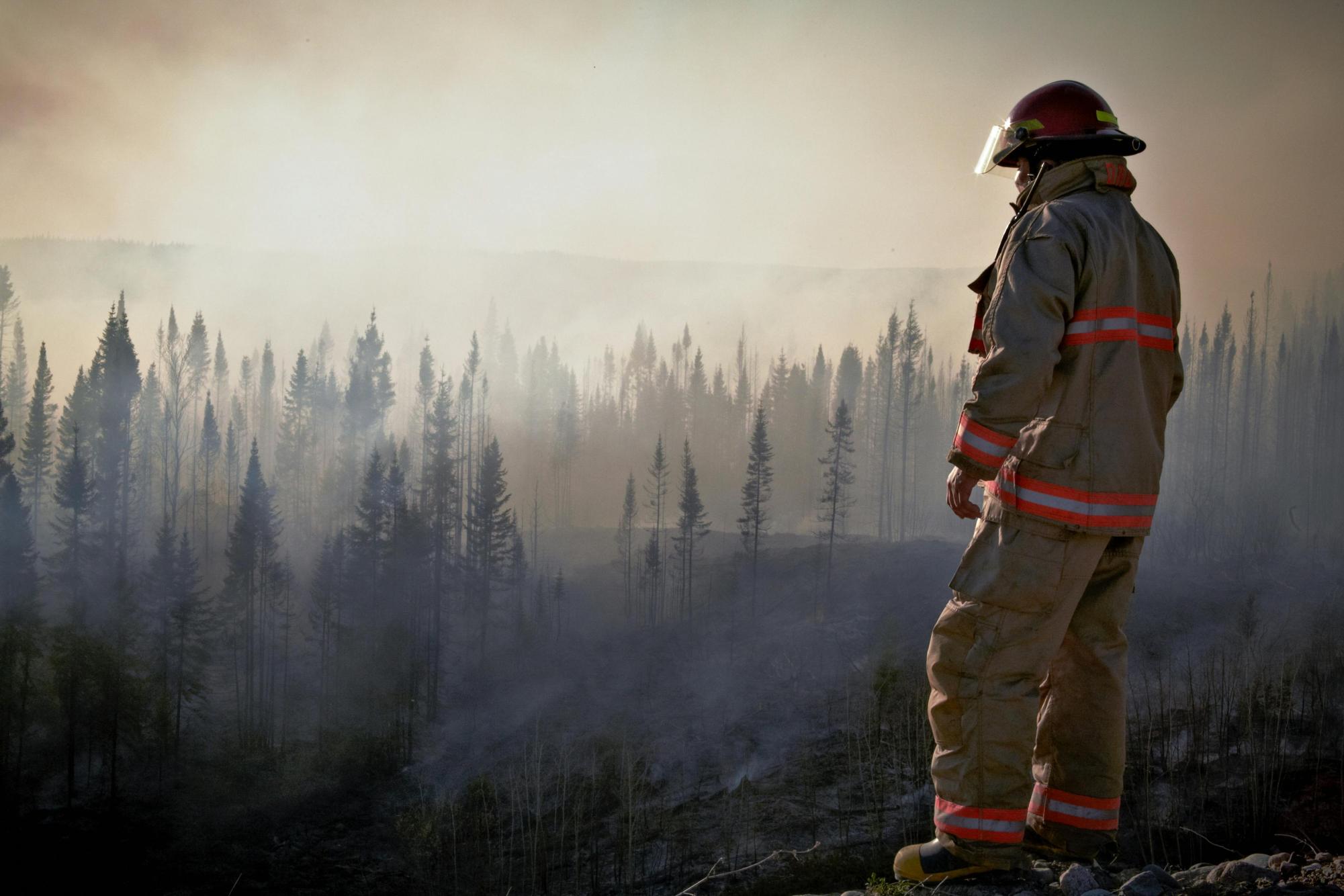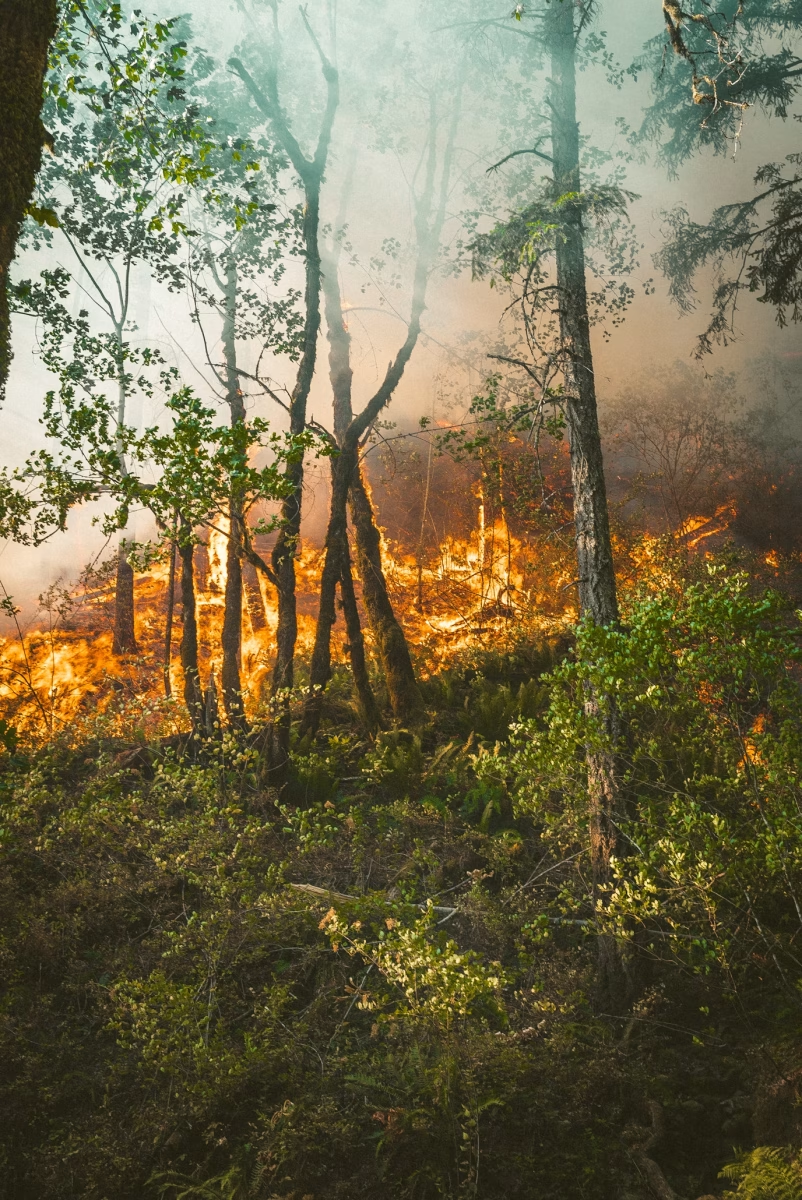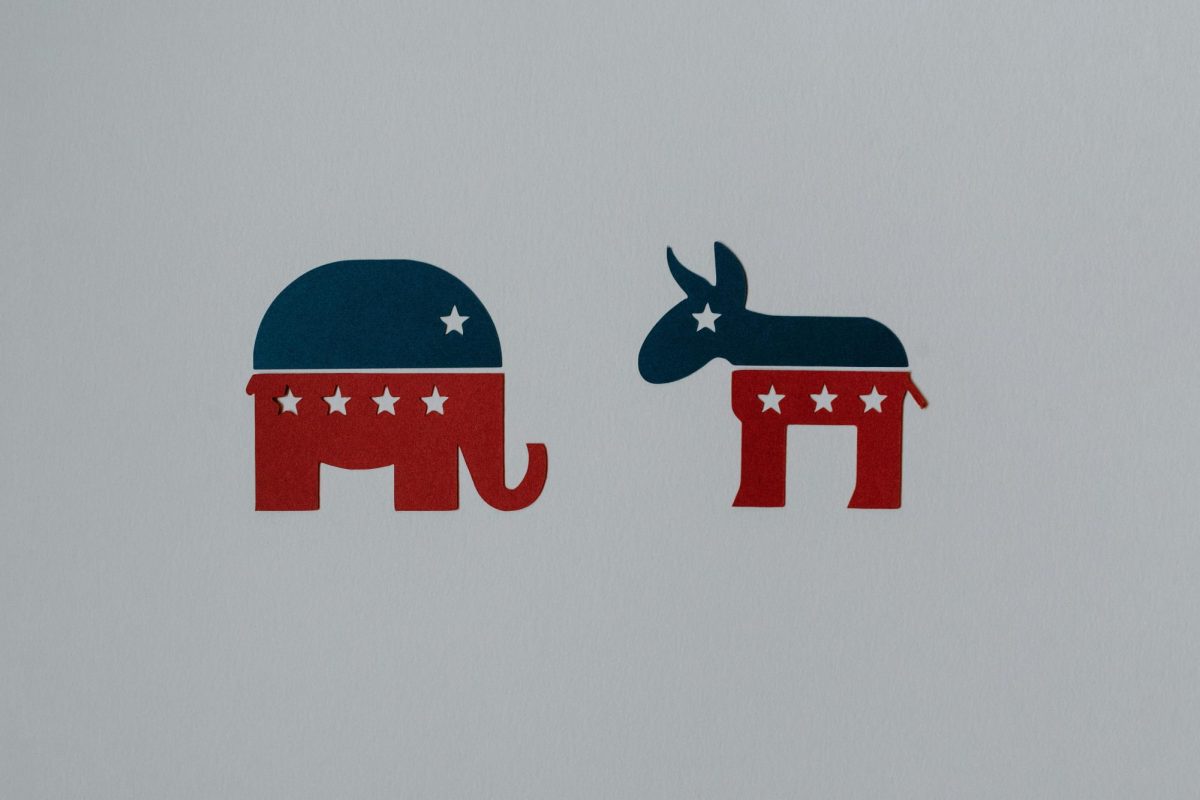When wildfires make the headlines, the images that come to mind are often those of scorched forests, thick smoke coating the skies, and homes reduced to ashes. But not all wildfires are disasters. In fact, with the right conditions, wildfires can be an important piece in encouraging future forest growth.
Fire Ecology experts and firefighters say that it is time to reconsider the perspectives of wildfires, especially as climate change alters fire behavior and impacts. With wildfire season just around the corner, an important question to ask is “Are wildfires good for the environment?” because knowing this answer will help encourage a deeper understanding of wildfires and help change perspectives on what they truly are.
The Role of Fire in Forest Health
“People ask me if fire is good or bad, and the answer is yes,” says Dr. James Johnston, an assistant fire ecology professor and researcher at the University of Oregon. Johnston has a Ph.D in Forest Science and specializes in forest restoration while emphasizing the idea that fire is a natural occurrence and a necessary component to many ecosystems. While talking with Johnston, he emphasized the role of fire in maintaining healthy ecosystems.
“We need to deal with wildfires like people in the Midwest deal with tornadoes,” Johnston adds. “They’re going to happen, the key is preparing for them.”
When thinking about preparing, you may think of home care, packing bags, and being ready in case of an emergency, but have you thought of how experts in the wildland might prepare? One of the many things firefighters do is called a prescribed fire. A prescribed fire is another name for controlled burns. Controlled burns have been used for many years to help manage forests and promote biodiversity. These types of fires can be a handy tool for the future to help recycle the nutrients back into the soil, clear dead vegetation, and create room for fire-adapted plants and animals to thrive.
There are even some species of plants that have evolved and created new adaptations to help survive and possibly thrive in common fire grounds. One type of plant that shows this is a type of plant called pyrophytes. Pyrophytes often have created a thick bark or types of cones that can only release their seeds in response to high temperatures, such as those caused by fires.
“ The effects of wildfires are heterogeneous,” Johnston states. “Their impact varies widely depending on geography, climate, and the vegetation.”
Lessons from the Fields:
With the impact of climate change over the years, wildfires have altered fire patterns and have increased their levels of frequency and intensity. In the past, fires have been hugely dependent on the wild patterns and speed. Especially during Oregon’s devastating wildfire season that happened in 2020.
When questioning Firefighters from Clackamas Fire, Portland Fire, and Tualatin Valley Fire, they shared firsthand insights on how fire behavior has been changing in the past few years. Oregon’s 2020 wildfire season seemed to be brought up more often than others.
“The 2020 fires were heavily fueled by winds and the dryness of the area; they did not calm down until the wind died down.” One firefighter explained. “If it’s not windy, it can be contained early on…”.
The more droughts and higher temperatures that will continue to increase over time will only contribute to more severe fires becoming a threat to ecosystems and humans. In general, hotter temperatures and longer droughts are creating ideal conditions for these expanding, fast-moving wildfires.
“The effects of wildfires are heterogeneous, meaning that the magnitude of their effects depends on many factors such as geographical region, climate, and land cover/vegetation type.”
Pros and Cons:
While some wildfires benefit the environment, others intensified by climate change threaten human health, wildlife, and air quality.
“All of this CO2 is starting to affect the Earth. Continuing to increase the amount of this gas in our atmosphere will likely change the climate and could cause some species to go extinct. Because we depend on species for many different things, we do not want a changing climate to threaten their existence.”
According to recent studies, the rising temperatures are projected to increase the frequency and intensity of wildfires even more. Not to mention, the increase in fires may impact a state’s fire routes and hazard maps that are pre-mapped out in case of an emergency. So while wildfires can be good for the environment in some ways, they can also be dangerous if not balanced or managed carefully.
Bigger, hotter fires not only increase the risk of hurting communities but also impact public health. Having a long amount of time being exposed to wildfire smoke is even linked to respiratory, cardiovascular problems, and increasing the side effects of asthma. Mental Health is also significantly larger by higher levels of stress, anxiety, and even PTSD.
Looking Ahead:
Experts agree that wildfire management must become more adaptive, combining modern firefighting with ecological understanding.
“Managing wildfires wisely will be key to protecting both the environment and the people living in it,” Johnston says.
In the future, wildfires will continue to have both positive and negative effects on the environment. They will continue to help ecosystems stay healthy by clearing out dead plants, returning nutrients to the soil, and making room for fire-adapted species to grow and thrive; however, as climate change intensifies, fires may become more frequent and severe, causing long-term damage to habitats, wildlife, and air quality.
With the wildfire season just around the corner, there is still hope in the air. Increasing Oregon’s understanding of the role fire plays will help protect both the forests and our communities for years to come.







